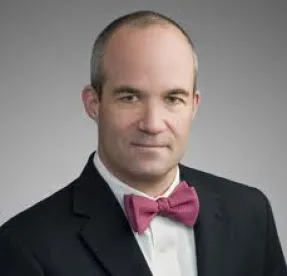As 2011 comes to a close, everyone else is doing their year in review editions.
Not to be left out, we at the Appellate Record thought we'd do a comprehensive summary of the significant cases from the Supreme Court of Texas for the year 2011.
Well, not so much. I just got asked the other day for my thoughts on significant cases and developments and the four areas I thought of are listed below after the jump.
In no particular order, they include the statute of limitations, fraud, expert testimony, and Kelo as applied or not applied to pipelines.
Enjoy.
Well, it's been a quiet year in the Supreme Court of Texas, my home court.
Quiet, that is, unless you consider the titanic, historic, and folkloric events of this fall when the court was completely caught up on its work for the first time since Sam Houston was a boy.
The Court has really rolled up its sleeves and taken care of business.
In all the work, these opinions stood out for me as being the most significant.
- BP v. Marshall--the first in a series of cases from the Court in 2011 that put real boundaries on the ability to delay filing suit by claiming "fraudulent concealment." The limit results from treating "reasonable diligence" as a question of law, rather than a question of fact. The Court stated that the Marshalls were obliged to perform additional investigation to protect their interests, and that their claim was barred if they could have discovered wrongdoing by reviewing information available in the public record, or through means other than defendant's representations before limitations expired.
- Italian Cowboy Partners, Ltd. v. The Prudential Insurance Company of America--How (if at all) can you avoid the accusation that an agreement was induced by fraud through language in the agreement that was supposedly induced by fraud? After a dissertation in legal history, the court stated that pure merger clauses, without an expressed clear and unequivocal intent to disclaim reliance or waive claims for fraudulent inducement, have never had the effect of precluding claims for fraudulent inducement. To disclaim reliance, parties must use clear and unequivocal language--like using the term "rely" maybe. Expect more cases on the topic of what is clear and unequivocal enough.
- Merck & Co., Inc. v. Garza--Did the Supreme Court really mean what it said in Merrell Dow Pharmaceuticals, Inc. v. Havner? Do you really have to have epidemiological studies showing a "statistically significant doubling of the risk" -- even the risk of heart attack in a Vioxx case? Yup. You do. Especially if the plaintiff has a 20 year history of coronary artery disease unrelated to the drug, including a prior heart attack, quadruple bypass surgery and multiple heart catheterizations.
- Texas Rice Land Partners, Ltd. v. Denbury Green Pipeline-Texas, LLC--Pipelines can exercise eminent domain in Texas, right? Everyone knows that, right? I mean, we've got tons of them. We pipe fuel from the Gulf of Mexico to the whole country. Not so fast, Kimosabe. In a potential example of anti-Kelo sentiment, the Court held that "[m]erely registering as a common carrier does not conclusively convey the extraordinary power of eminent domain or bar landowners from contesting in court whether a planned pipeline meets statutory common carrier requirements." This set off a flurry of motions and amici briefs on rehearing that has yet to abate and has yet to be resolved. Stay tuned.
What does 2012 have in store? I'm sure 2012 will be a quiet year too.




 />i
/>i
